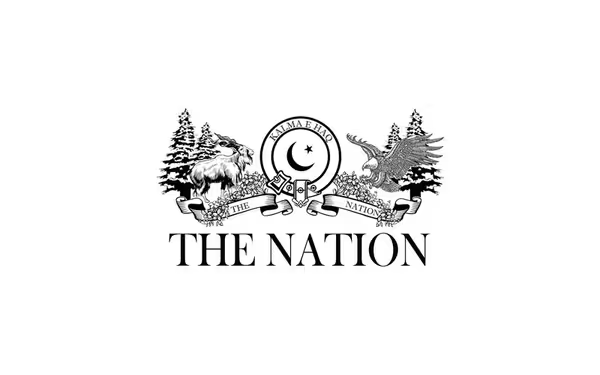Saturday, November 16, 2024 05:49 PM
Haroon Advocates Education as Key to Pakistan's Development
- Education is essential for national progress, says Haroon.
- Haroon highlights environmental challenges facing Karachi.
- Fostering original ideas in education is crucial for growth.
 Image Credits: nation_pk
Image Credits: nation_pkAbdullah Hussain Haroon emphasizes the importance of education for Pakistan's development and addresses environmental issues in Karachi.
KARACHI - Education is often hailed as the cornerstone of a nation’s development, and Abdullah Hussain Haroon, a prominent figure in Pakistan’s political and social landscape, strongly echoed this sentiment during a recent lecture at Sindh Madressatul Islam University. Haroon, who has served as Pakistan's representative to the United Nations and has a rich family history in education and politics, emphasized the critical role that education plays in shaping the future of the country.
During his lecture titled “My Experiences and Encounters,” Haroon shared insights from his own educational journey in Karachi, highlighting the legacy of his grandfather, Sir Abdullah Haroon, and other notable personalities who laid the foundation for education in the region. He reflected on the significant contributions made by his family in various fields, including education, social work, and diplomacy, and how these efforts have influenced the development of Pakistan.
Haroon paid tribute to the founding father of Sindh Madressatul Islam, Khan Bahadur Hassanally Effendi, and acknowledged the dedication of the institution's teachers. He reiterated that education is not just important but essential for the country’s progress. "Education is a very important factor for the development of the country," he stated, underscoring the need for a well-educated populace to drive national growth.
In his address, Haroon also touched upon the historical context of his family’s involvement in politics, noting that figures like his grandfather and Yousuf Haroon played pivotal roles in shaping parliamentary politics in Sindh. He recalled the passing of the Tenancy Act during Yousuf Haroon's tenure as Chief Minister, which granted farmers equitable rights in agricultural production.
Moreover, Haroon expressed his concerns regarding the environmental challenges facing Karachi today. He pointed out that the city, once known for its beautiful colonial architecture, is now grappling with severe pollution issues. "A large number of residents of Karachi are sick due to environmental pollution. Wind, water, and food-borne diseases are horrible in the city," he lamented. He urged the youth to become more aware of these environmental issues and called for proactive measures from relevant authorities.
Haroon also shared his thoughts on the importance of fostering original ideas in educational institutions. He suggested that universities should have debating halls where students can discuss and explore innovative concepts, regardless of their academic qualifications. This approach, he believes, could lead to the emergence of great thinkers and writers who can contribute meaningfully to society.
In discussing the role of the United Nations, Haroon acknowledged its significance as a platform for conflict resolution and international cooperation, despite its shortcomings. He emphasized that while expectations from the UN may not always be met, it remains a crucial forum for global dialogue.
As the session concluded, Dr. Mujeeb Sahrai, Vice Chancellor of SMIU, recognized Haroon’s contributions to education and social causes through the Haroon Charitable Foundation. The event was well-attended by faculty, students, and administrative staff, all eager to learn from Haroon’s wealth of experience.
Abdullah Hussain Haroon’s insights serve as a reminder of the vital role education plays in national development. As Pakistan continues to face various challenges, investing in education and fostering a culture of awareness and responsibility among the youth will be essential for building a brighter future. The call for action is clear: it is time for all stakeholders to prioritize education and environmental sustainability to ensure a prosperous and healthy society.













